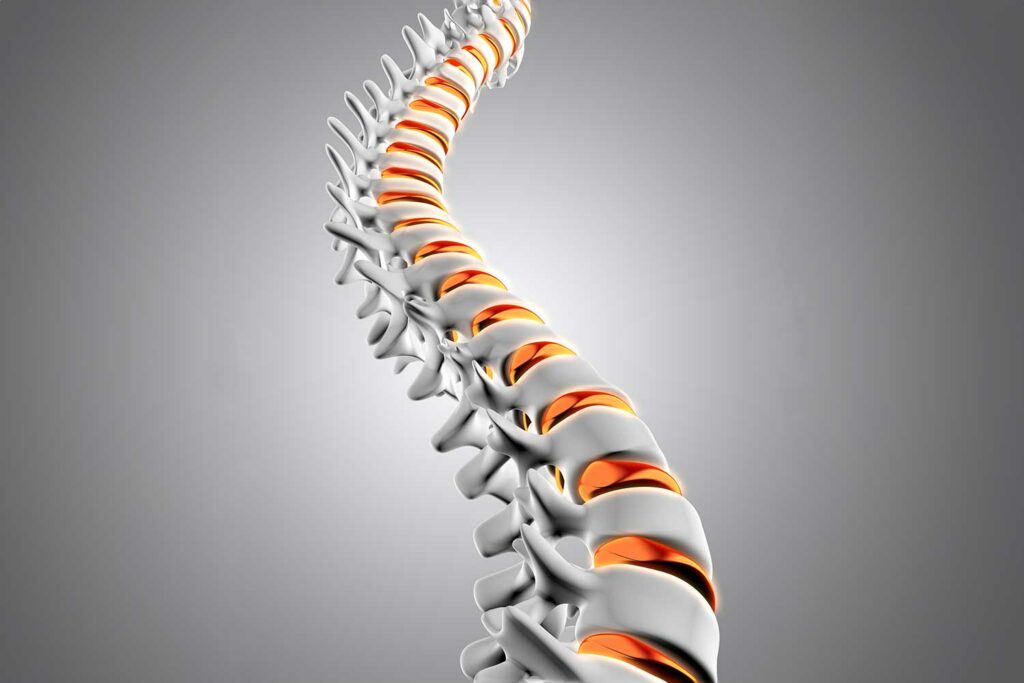
Spinal Stenosis
What is Spinal Stenosis?
Spinal stenosis is a medical condition characterized by the narrowing of the spaces within the spine, which puts pressure on the nerves and spinal cord. This compression can lead to pain, numbness, and reduced function in various parts of the body.
Types of Spinal Stenosis
There are two main types of spinal stenosis:
- Lumbar Stenosis: Occurs in the lower back and is the most common form of spinal stenosis.
- Cervical Stenosis: Affects the neck area and can lead to more severe complications if left untreated.
Tired of living in pain?
Risk Factors
Spinal stenosis is most commonly seen in individuals aged 50 and older. However, it can also develop in younger people due to congenital conditions or spinal injuries.
Symptoms
The symptoms of spinal stenosis may vary depending on the location and severity of the compression. Common signs include:
- Chronic back pain or neck pain
- Numbness, tingling, or weakness in the arms or legs
- Difficulty walking or maintaining balance
- Shooting pain down the legs (for lumbar stenosis) or arms (for cervical stenosis)
- Bowel or bladder dysfunction in severe cases
Causes
Spinal stenosis can be caused by various factors, such as:
- Degenerative changes in the spine due to aging
- Herniated discs putting pressure on nerves
- Thickened ligaments within the spinal canal
- Bone spurs (osteophytes) forming on the vertebrae
- Spinal injuries or trauma
Diagnosis of Spinal Stenosis
If you are experiencing symptoms consistent with spinal stenosis, our experienced medical team at GTI Pain Associates will perform a comprehensive evaluation, including a physical examination, medical history review, and diagnostic tests such as X-rays, MRI, or CT scans. An accurate diagnosis is crucial to tailor an effective treatment plan.
Interventional Modalities
At GTI Pain Associates, we offer a range of treatments to help alleviate the symptoms of spinal stenosis, including:
- Physical Therapy: Targeted exercises and stretches to improve flexibility and strengthen supporting muscles.
- Medications: Prescription medications to manage pain, inflammation, and muscle spasms.
- Minimally Invasive Procedures: Nerve blocks and epidural steroid injections to reduce pain and inflammation.
If you or a loved one is experiencing symptoms of spinal stenosis, don’t let pain dictate your life. Reach out to GTI Pain Associates for specialized care and personalized treatment options. We have successfully treated many patients with spinal stenosis, and we are here to help you too.
Visit Our Nearest GTI Pain Associates or LHI Pain Associates
Don’t let spinal stenosis hold you back any longer. Contact our team today to schedule an appointment at one of our four convenient locations in Texas: Beaumont, Nederland, Humble, and Baytown. Take the first step towards a more comfortable and functional lifestyle. We look forward to assisting you on your journey to pain relief and improved well-being.

